Are you ready to embark on an adventure in the great outdoors? Look no further! In this article, we will guide you through the best ways to camp in the wilderness. From choosing the perfect camping spot to packing essential gear, we’ve got you covered. Get ready to experience the beauty of nature firsthand and create memories that will last a lifetime. Grab your camping gear and let’s dive into the world of outdoor exploration!
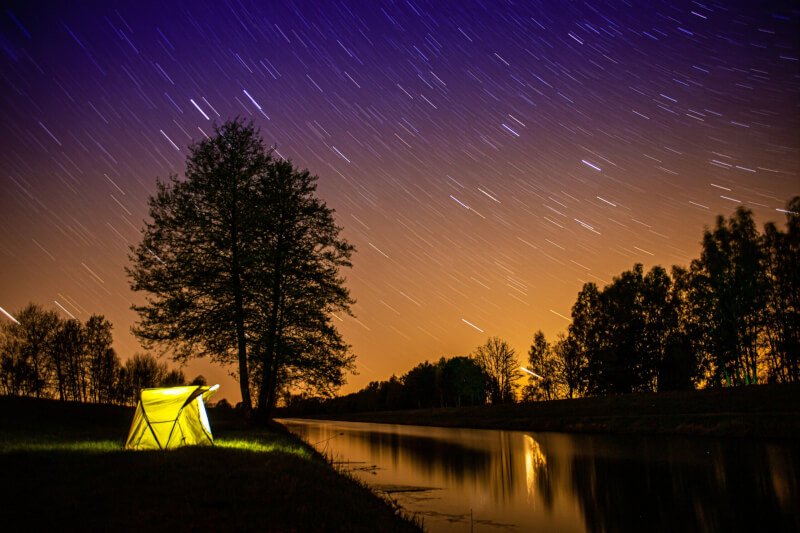
Choosing the Right Campsite
When it comes to choosing the right campsite, it’s important to do your research and consider a few key factors. First and foremost, you’ll want to research your options and find campgrounds or wilderness areas that align with your preferences and needs. Look for reviews and recommendations from other campers to get a better idea of what each site has to offer.
Next, consider the season and weather conditions during your camping trip. Are you planning a summer camping adventure or a winter camping excursion? Understanding the weather patterns and conditions of your chosen destination will help you prepare appropriately and ensure a comfortable and enjoyable experience.
Assessing the amenities available at each campsite is another important consideration. Some campgrounds may offer amenities such as restrooms, showers, and picnic tables, while others may be more primitive and require you to bring your own supplies. Think about what amenities are essential for your camping experience and choose a campsite that meets your needs.
Finally, make sure to check for any restrictions that may be in place at your chosen campsite. These may include restrictions on campfire usage, specific areas designated for camping, or rules regarding the use of certain equipment. By being aware of any restrictions ahead of time, you can ensure that you are following the rules and regulations set in place for the protection of the campground and its visitors.
Selecting the Right Gear
Choosing the right gear is essential for a successful camping trip. One of the most important pieces of gear is your tent. Consider the size of your group and the weather conditions you’ll be camping in when selecting a tent. Look for tents with sturdy construction and good waterproofing to ensure a comfortable and dry night’s sleep.
Sleeping bags and sleeping pads are also crucial for a restful night’s sleep. Look for sleeping bags that are appropriate for the temperature range you’ll be camping in, and consider investing in a sleeping pad to provide additional comfort and insulation from the ground.
Cooking equipment and food storage are other key considerations. Depending on your camping style, you may want to invest in a camping stove, cookware, and utensils. Additionally, consider the type of food storage you’ll need to keep your meals safe from animals and the elements.
Don’t forget about essential camping accessories such as lanterns, headlamps, and camp chairs. These items can enhance your camping experience and make your time in the wilderness more comfortable and enjoyable.
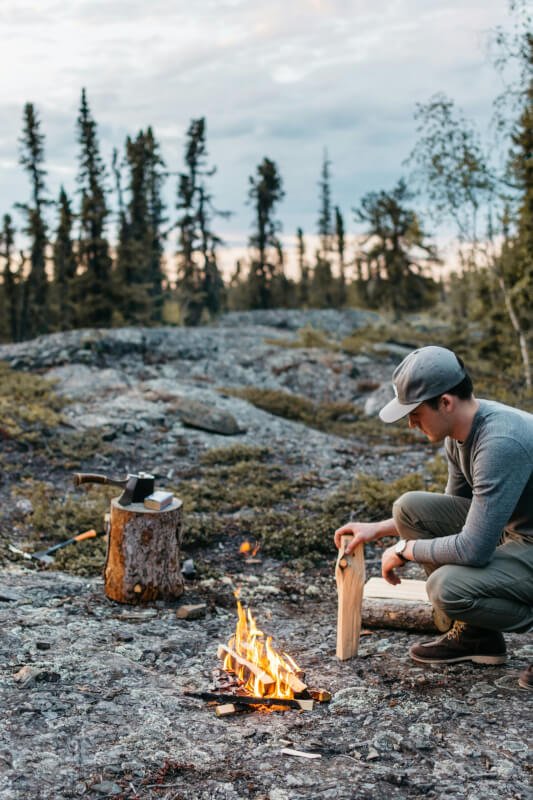
Preparing for the Trip
Proper preparation is key to having a successful camping trip. One important aspect of preparation is planning your meals. Consider the duration of your trip and the resources available at your campsite when planning your meals. Make sure to pack non-perishable food items that are easy to prepare and won’t spoil during your adventure.
Packing appropriate clothing is another important consideration. Check the weather forecast before your trip and pack clothing that is suitable for the conditions. Layering is often a good strategy, as it allows you to adjust your clothing to accommodate changing weather conditions.
Creating a camping checklist can help ensure that you don’t forget any essential items. Include items such as tents, sleeping bags, cooking equipment, and food storage on your checklist to ensure that you have everything you need before embarking on your camping trip.
Setting up a communication plan is also important, especially if you’ll be camping in a remote location. Make sure someone knows your itinerary and when you plan to return. Consider investing in a satellite phone or a personal locator beacon for added safety in case of emergencies.
Navigating the Wilderness
When camping in the wilderness, it’s important to have some basic navigation skills. Understanding topographic maps is essential for navigating through unfamiliar terrain. Learn how to read contour lines, symbols, and scale on a topographic map to understand the elevation, terrain, and features of the area you’ll be exploring.
Using a compass and GPS device can also be helpful for navigation. A compass can help you determine your direction, while a GPS device can provide you with precise coordinates and track your route. Familiarize yourself with how to use both of these tools before heading into the wilderness.
Identifying key landmarks can serve as important reference points during your wilderness adventures. Look for distinct features such as mountains, rivers, or unique rock formations that can help you orient yourself.
Finally, learning survival skills is crucial for navigating the wilderness. Familiarize yourself with basic survival techniques such as building a shelter, finding and purifying water, and starting a fire. These skills can be invaluable in emergency situations and will enhance your overall camping experience.
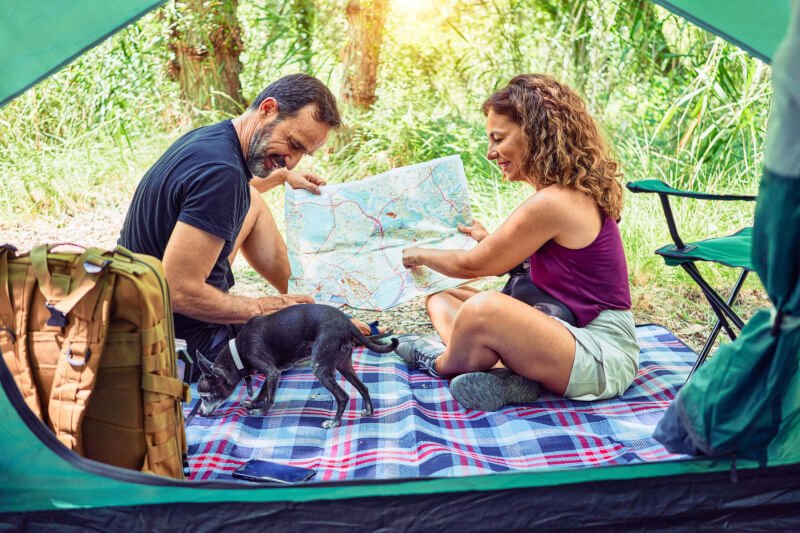
Safety Precautions
When camping in the wilderness, it’s important to take safety precautions to ensure a safe and enjoyable experience. One of the first things you should do is inform others about your plans. Let someone know where you’ll be camping, your itinerary, and when you plan to return. This way, if something unexpected happens, someone will know to raise the alarm.
Packaging your food correctly is crucial for preventing unwanted encounters with wildlife. Use sturdy containers and store your food away from your sleeping area to deter wildlife from entering your campsite. Dispose of food waste properly to avoid attracting animals.
Keeping your campsite clean is important not just for preventing wildlife encounters but also for maintaining the beauty of the wilderness. Pack out what you bring in and leave no trace. Dispose of your waste properly and respect the natural resources around you.
Being aware of wildlife encounters is also essential for your safety. Learn about the wildlife in the area you’ll be camping in and how to safely interact with them. Keep a safe distance and avoid feeding or approaching wild animals.
Building a Campfire
Building a campfire is a quintessential part of the camping experience, but it’s important to do so responsibly. First and foremost, select a safe and suitable location for your campfire. Choose an open area away from flammable materials such as leaves or overhanging branches. Clear any debris and create a fire ring or use an existing fire pit if available.
Gather firewood and kindling before starting your fire. Look for dry, dead wood that is easily combustible. Avoid collecting live wood, as this can harm the environment. Remember to gather firewood responsibly, only taking what you need and not depleting the area of natural resources.
When it’s time to put out the fire, make sure to do so properly. Douse the fire with water, stirring the ashes to ensure all embers are extinguished. Use enough water to saturate the fire and surrounding area. Never leave a fire unattended or smoldering.
Finally, always follow fire regulations and restrictions that may be in place. Some areas may have specific rules about when and where campfires are allowed. Being mindful of these regulations ensures that you are being a responsible steward of the wilderness.
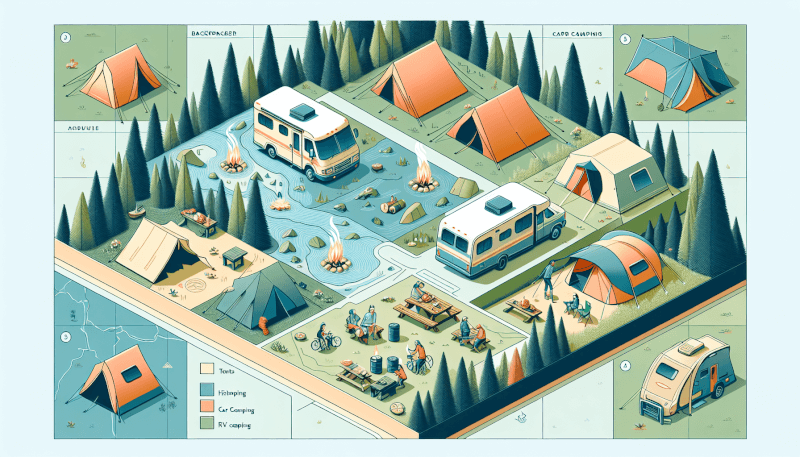
Enjoying Outdoor Activities
Camping in the wilderness offers a multitude of outdoor activities to enjoy. Hiking and backpacking are popular options, allowing you to explore the natural beauty of your surroundings. Research hiking trails in the area you’ll be camping and choose routes that align with your skill level and interests.
Fishing and hunting opportunities may also be available, depending on your chosen campsite and local regulations. Research fishing and hunting seasons, obtain any necessary permits or licenses, and follow all rules and regulations to enjoy these activities responsibly.
Birdwatching and wildlife observation can be a peaceful and rewarding activity while camping. Bring along binoculars and field guides to identify different bird species and wildlife. Respect the animals’ space and observe from a safe distance to avoid causing unnecessary stress.
If you’re an adrenaline junkie, consider exploring mountain biking trails near your campsite. Many wilderness areas have designated trails for mountain biking, allowing you to experience the thrill of cycling through scenic landscapes.
Staying Hydrated and Nourished
Staying hydrated and nourished is essential for a successful camping trip. In the wilderness, finding and filtering water sources is crucial. Bring a water filtration system or purification tablets to ensure that any water you collect from natural sources is safe to drink. Familiarize yourself with the signs of waterborne illnesses and how to prevent them.
Utilizing lightweight cooking methods is important for conserving fuel and optimizing your camping experience. Consider using a lightweight backpacking stove or a fire for cooking. Plan meals that require minimal cooking time and use one-pot recipes to simplify the cooking process.
Storing and preserving food is crucial for preventing spoilage and keeping wildlife away from your campsite. Use bear-resistant containers or hang food in bear bags to prevent animals from accessing your food. Take measures to prevent cross-contamination and foodborne illnesses.
Finally, learn to identify edible plants in the wilderness. While it’s important to be cautious and not consume any unfamiliar plants, some wild edible plants can supplement your meals and provide essential nutrients. Invest in a field guide or take a course to learn about edible plants in your area.
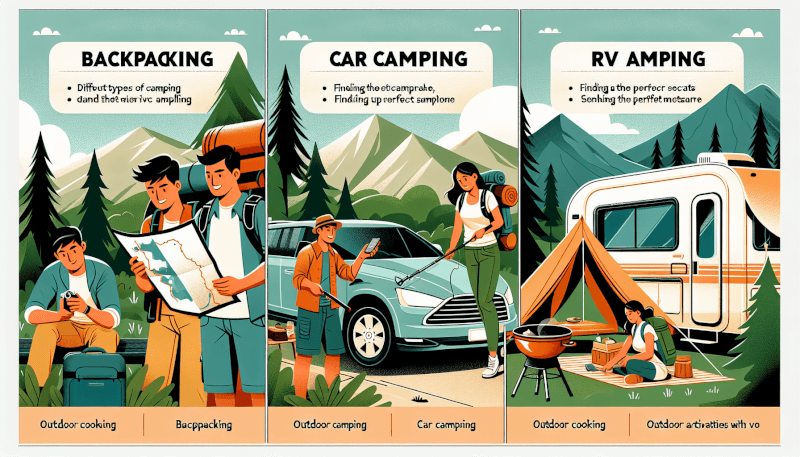
Dealing with Emergencies
While we hope for the best during our camping trips, it’s essential to be prepared for emergencies. Learning basic first aid skills can be invaluable in case of injuries or accidents. Take a first aid course or educate yourself on basic wound care, CPR, and how to treat common outdoor injuries.
Assembling a comprehensive first-aid kit is also important. Include items such as bandages, wound dressings, antiseptic ointment, pain relievers, and any necessary medication. Tailor your first-aid kit to the specific needs of your group and the activities you’ll be engaging in.
Knowing how to handle wildlife encounters is crucial for your safety and the well-being of the animals. Research the wildlife in your camping area and learn how to react in case of encounters. Familiarize yourself with techniques for deterring animals and mitigating conflicts.
Creating an emergency plan is another important step. Discuss with your camping companions what to do in case of emergencies, establish communication protocols, and identify nearby emergency services and medical facilities. Share your emergency plan with a trusted friend or family member who is not on the camping trip.
Leave No Trace Principles
As outdoor enthusiasts, it is our responsibility to minimize our impact on the environment and leave the wilderness as we found it. Embracing the Leave No Trace principles is crucial for the preservation of our natural resources.
Minimize your impact on the environment by practicing good campsite selection. Choose established campsites whenever possible and avoid creating new campsites. Follow designated trails and respect any closures or restrictions in place.
Remove all traces of your campsite before leaving. Pack out all trash, including food waste, and leave the site clean. Avoid burying or leaving any non-biodegradable items behind. Leave the campsite looking as if you were never there.
Properly dispose of waste by utilizing designated waste disposal facilities or packing out your waste. Avoid washing dishes or personal belongings in natural water sources to prevent contamination. Use biodegradable soap if necessary and dispose of dishwater responsibly.
Respect wildlife and natural resources by observing from a safe distance and minimizing disturbances. Do not feed wildlife or approach them. Refrain from removing or damaging plants, rocks, or other natural features. By respecting nature and its inhabitants, we can ensure its continued preservation for future generations.


